Select Page
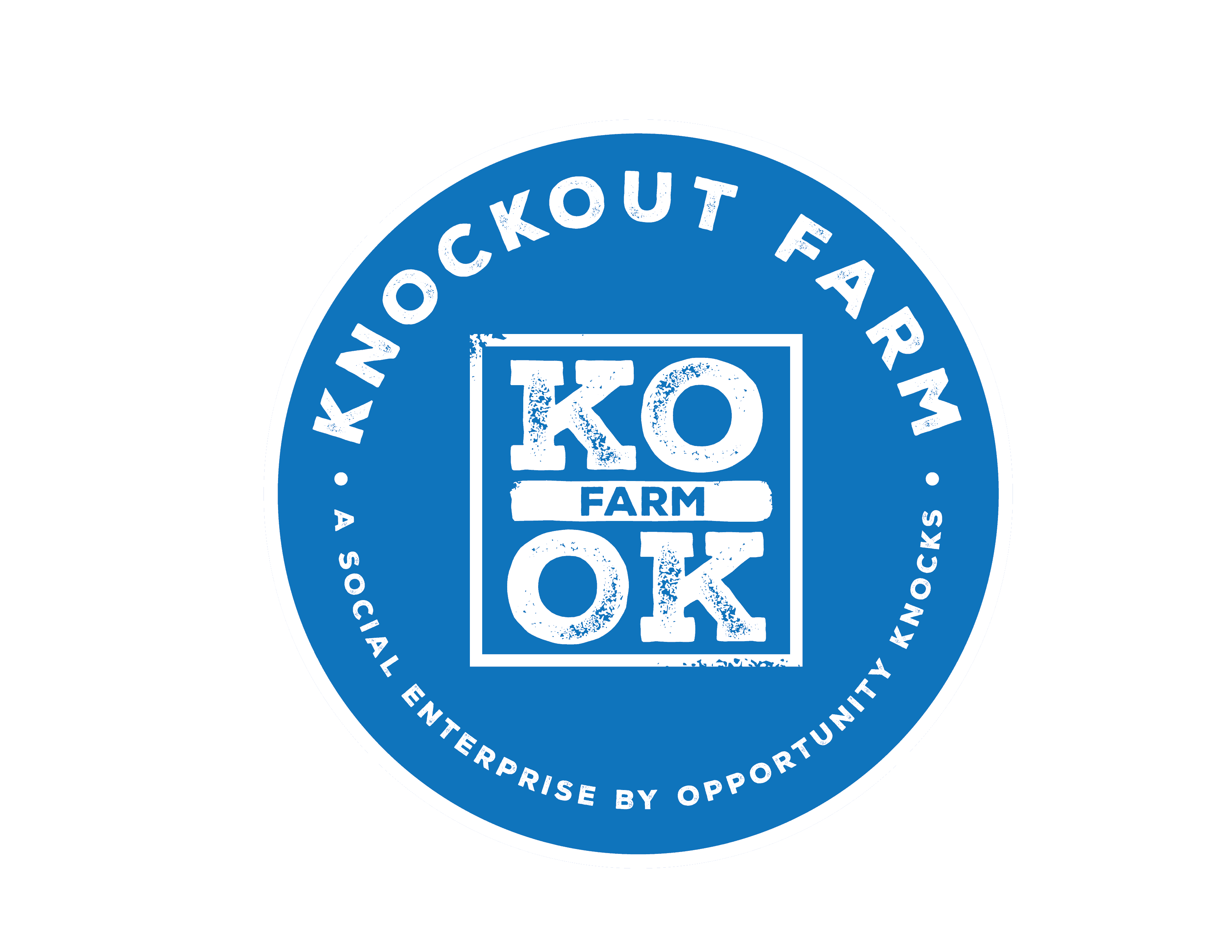
Est. 2015
HISTORY OF THE OK FARM
OUR PURPOSE ON THE FARM IS TO LEARN, GROW AND CONNECT WITH OUR COMMUNITY WHILE WE PRODUCE HIGH QUALITY VEGETABLES TO FEED OUR ENTERPRISES AND FUEL OUR WELLNESS PROGRAMS.
The Knockout Farm was conceived in late 2015 as a way to give the Warriors a role in the local sustainable food movement by creating a ‘seed to jar’ experience with our Knockout Pickle
production. The idea was to plant, grow and harvest the key supply requirements in order to produce a locally grown and locally made pickle.
The Farm was launched in April through a land partnership with our friends at Reuse Depot and a tremendous amount of support from many others in terms of volunteer hours,
landscape/garden supplies and equipment. In a short period of time, we turned a 2,500 square foot field off Madison Street into lush, handicap-accessible urban farm.
Of course, the Warriors were in on the action every step of the way. Teams from both Life Shop and After Opps shoveled dirt, planted seeds, watered, weeded and harvested crops throughout the summer and fall. A generous donation of crushed gravel enabled us to convert muddy alleys between beds into pathways that were handicap accessible and remained usable during rainy
periods. We also created 22-bed feet of raised boxes that provided crop access to participants in wheelchairs or with limited mobility.
Knockout Impact
FARM STATS
Our purpose on the farm is to learn, grow and connect with our community while we produce high quality vegetables to feed our enterprises and fuel our wellness programs.
Total LBs of produce - 2020 Season
Total LBs donated to the public & the Beyond Hunger food pantry
total # of Busy Bees
Total # of Crops Produced
Biodiversity
The Warrior Way of Farming
We believe the farm serves a purpose in our mission to help us facilitate a high quality and fully-accessible experience. We have built a stage that creates an opportunity for Warriors to perform, create and interact in a meaningful way. Our farming practices are organic and we believe in biodiversity. The farm is an ongoing work in progress and we continue to build systems that promote an enviornmentally responsible food system. Check out some of the things we do by scrolling thru the grid below.
Accessibility
We continue to invest in the infrastructure of the farm so that all who come to it have the ability to connect. In that, we have established fully accessible walkways & raised beds. We are also working to landscape paved paths to reach the upper berms of the farm. The work continues!
Organic Growth
We grow with organic practices. We do not use any chemical fertilizers, pesticides or artifical agents. Our soil is sourced from our own compost system and from a third-party partner that guarantees organic constitution.
Water Reclamation
With guidance from our friends at the U of I Ag Extension and funding from the Oak Park Community Mental Health Board, we’ve installed a rainwater catchment system that captures rainwater from the Reuse Depot’s downspouts so that we can reuse for irrigation at the farm.
Composting
We grow our own produce for 5 out of 12 monts of the year. When we are pulling food from the farm, it goes straight to your plate. Salads, sides, apps and vegetarian-based menus come from seed to harvest.
Seed Starting
Growing from seed not only gives you a much larger selection of vegetables and flowers to choose from – including unusual varieties you’re unlikely to find at a garden center – it also lets you get a jump on the growing season by starting many plants indoors. Generally speaking, annual flowers and vegetables are the easiest to grow, and their seeds germinate quickly.
Beekeeping
Knockout Farm received its first batch of Italian, varroa mite resistant bees. We worked with the ReUse Depot to strategize placement for the 10,500 busy bees installed in May. Bees will not produce honey during the first year, however, in the following season Warriors may be able to harvest our first small jars of honey to taste and wax to experiment with value-added products for the farm such as lip balm, candles, soaps, etc.
Innovation
Warriors at Work
Our approach to the catering experience features high quality, fresh ingredients and a scratch made menu. In addition to that committment to great food, is a committment to creating quality experiences for Warriors to do quality work.
Our Fantastic Farmers
MEET THE FARM TEAM
Our aim is to sustain meaningful and gainful vocational skill-building opportunities, while also producing a revenue stream to support OK operations. Our Knockout purpose is to support an environment where Warriors can showcase and grow their abilities, while working in a collaborative team setting to make and serve high-quality food.

Harlow Righetti
KNOCKOUT FARM COORDINATOR
With Us Since | 2019
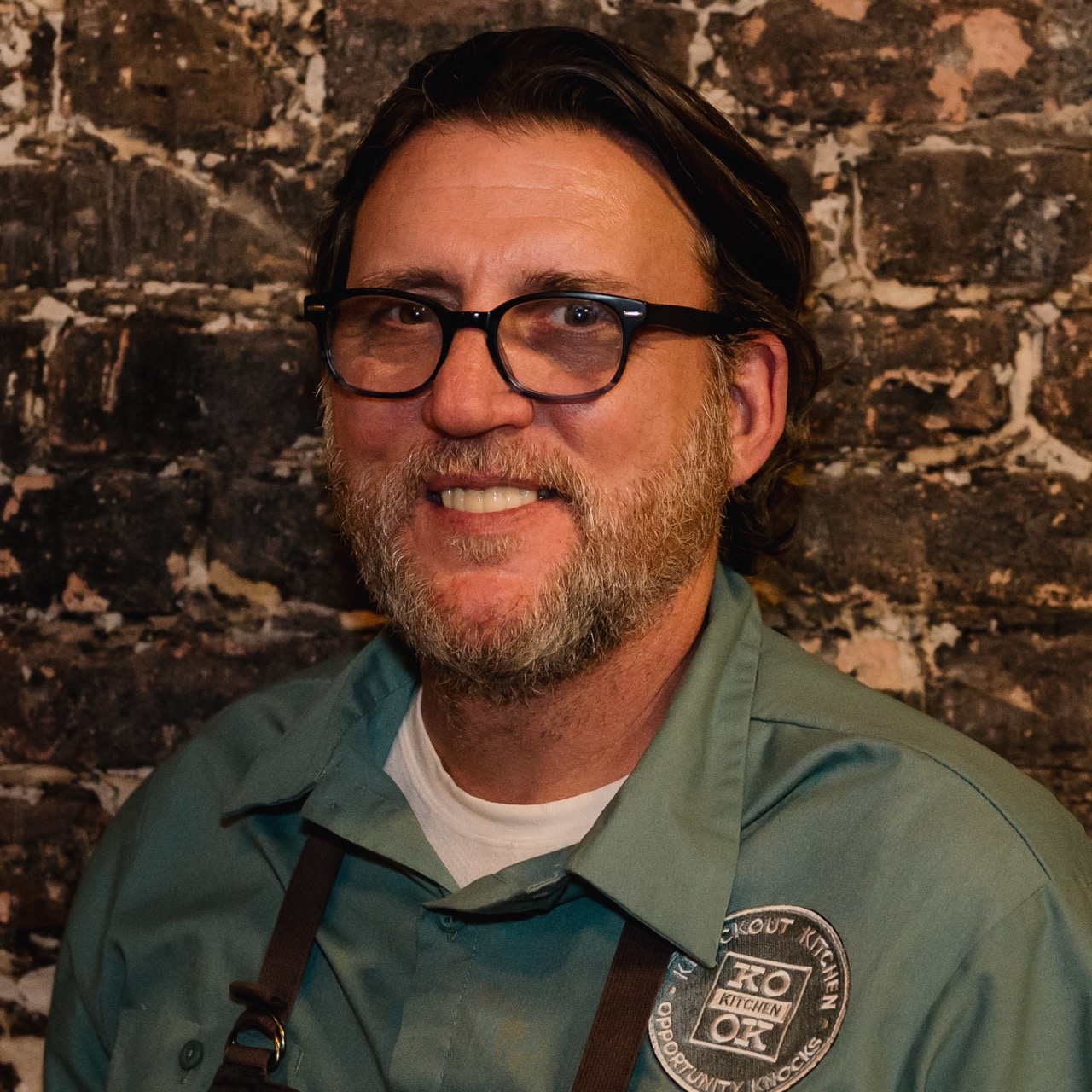
David Gebhardt
KNOCKOUT KITCHEN COORDINATOR
With Us Since | 2023
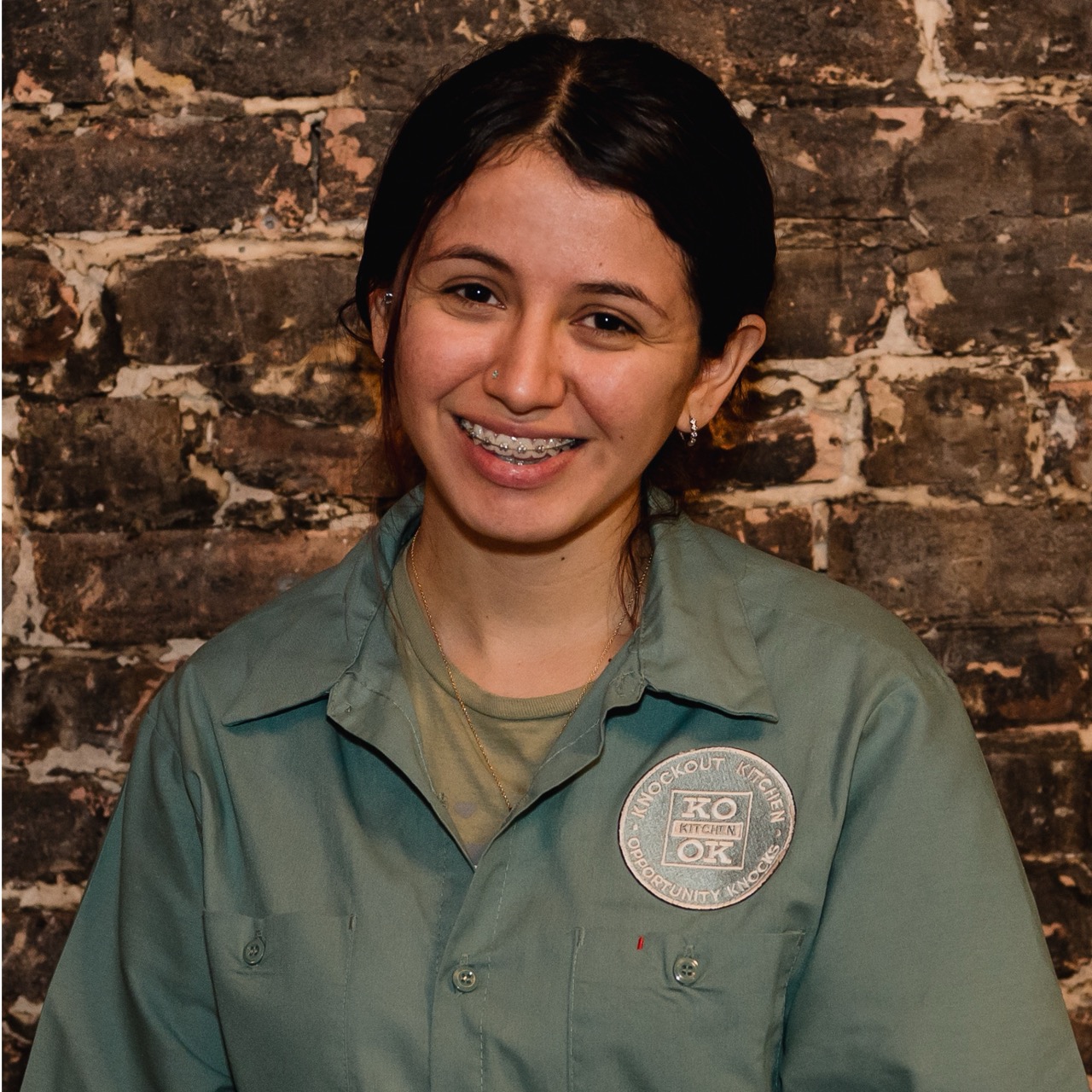
DIANA IBARRA
PROGRAM - ENTERPRISE LEADER
With Us Since | 2022
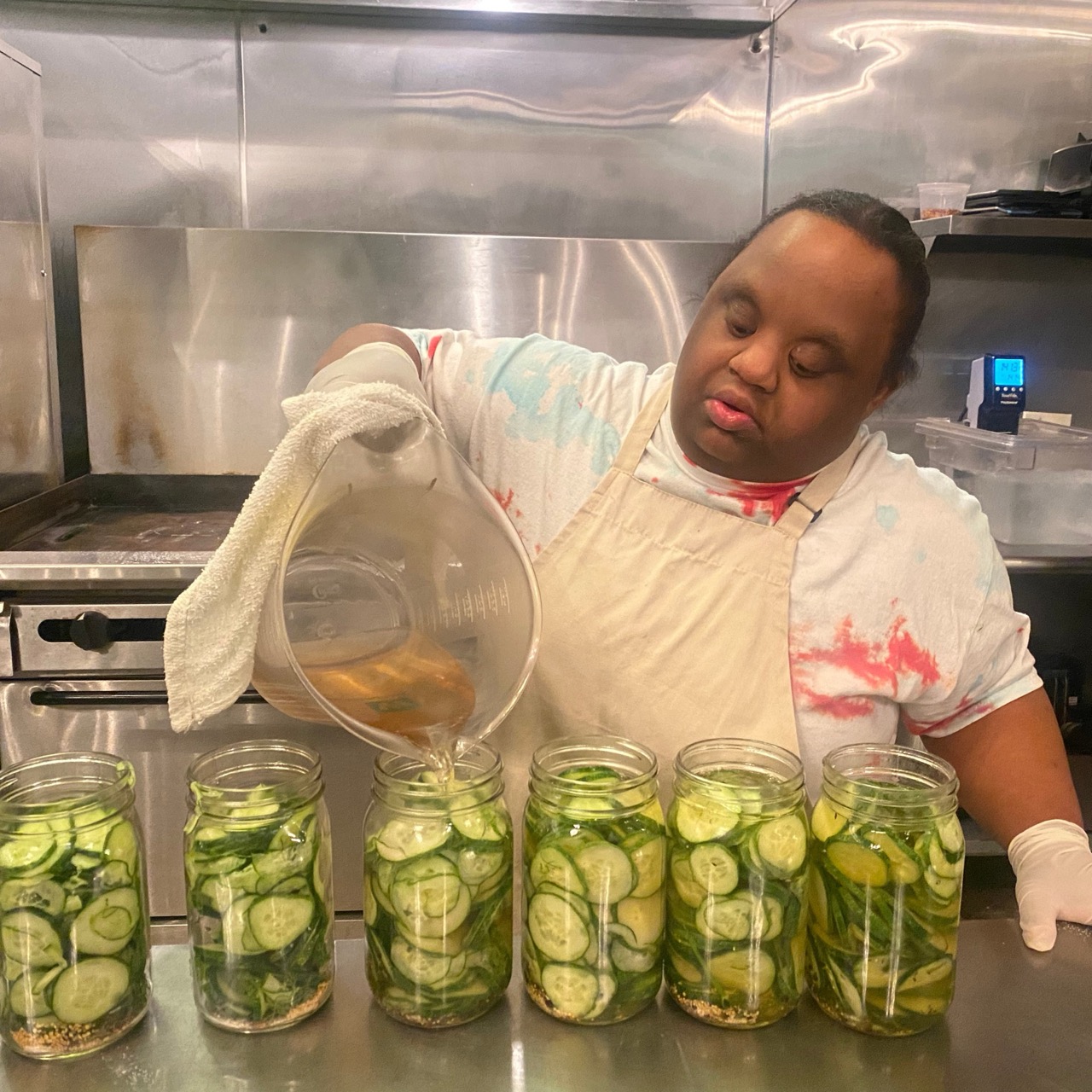
Sonya Taylor
KNOCKOUT KITCHEN STAFF
With Us Since | 2015
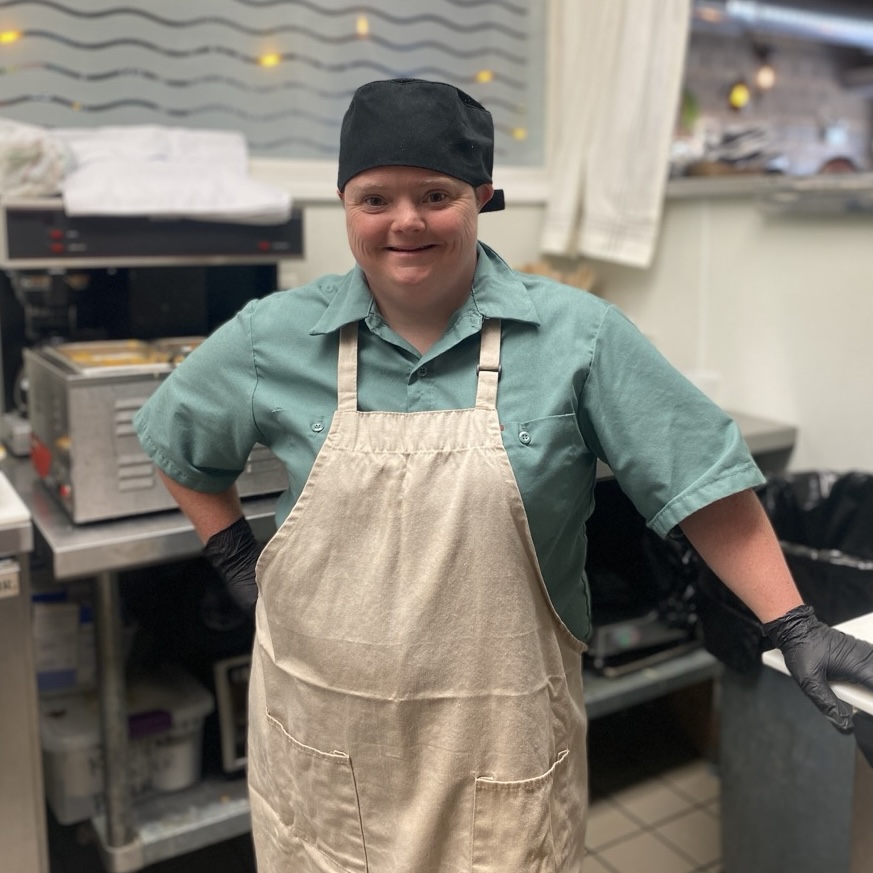
Georgia Hunter
KNOCKOUT KITCHEN STAFF
With Us Since | 2017

Jackie Finn
KNOCKOUT KITCHEN STAFF
With Us Since | 2017
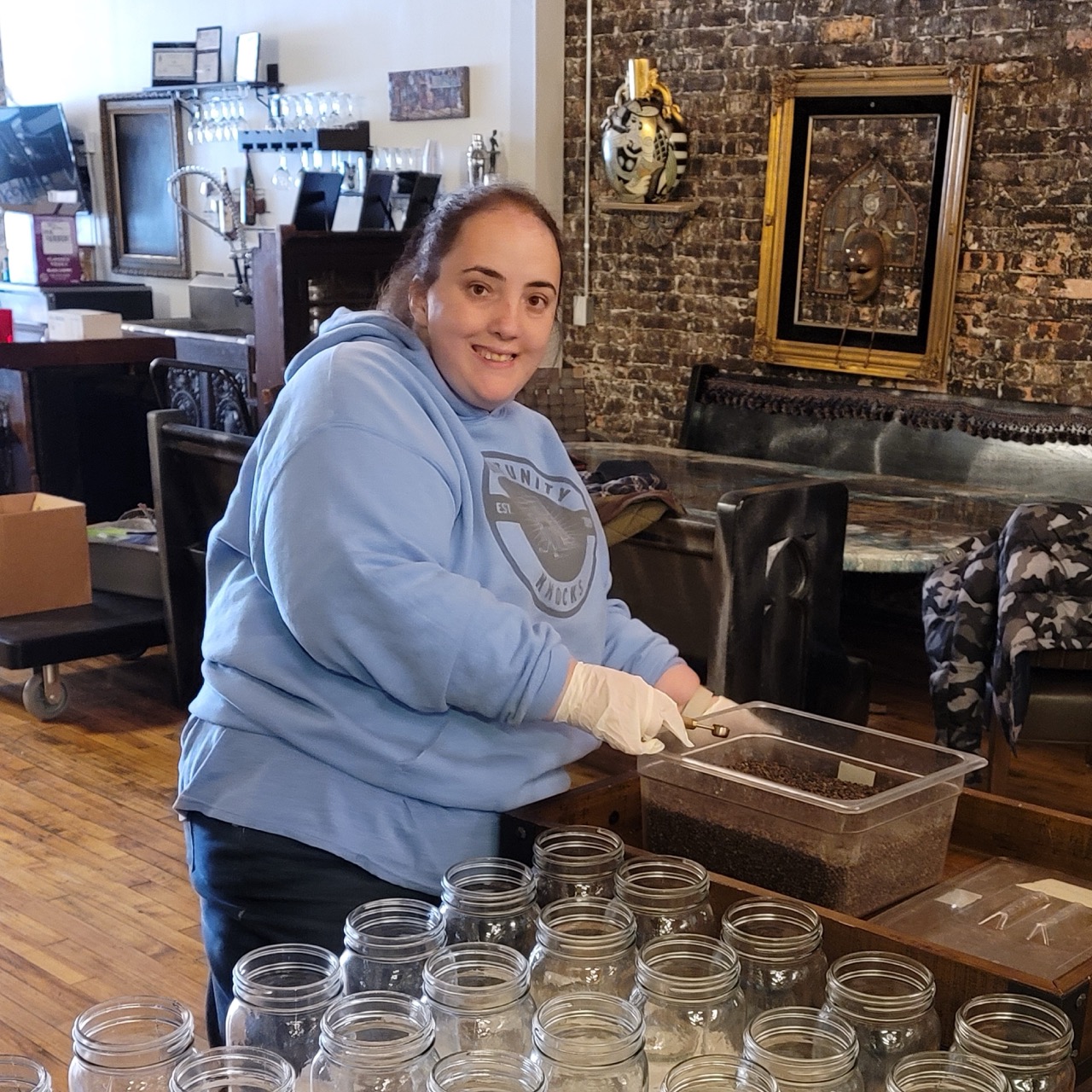
Maddy Gancer
KNOCKOUT KITCHEN STAFF & FARMER
With Us Since | 2018
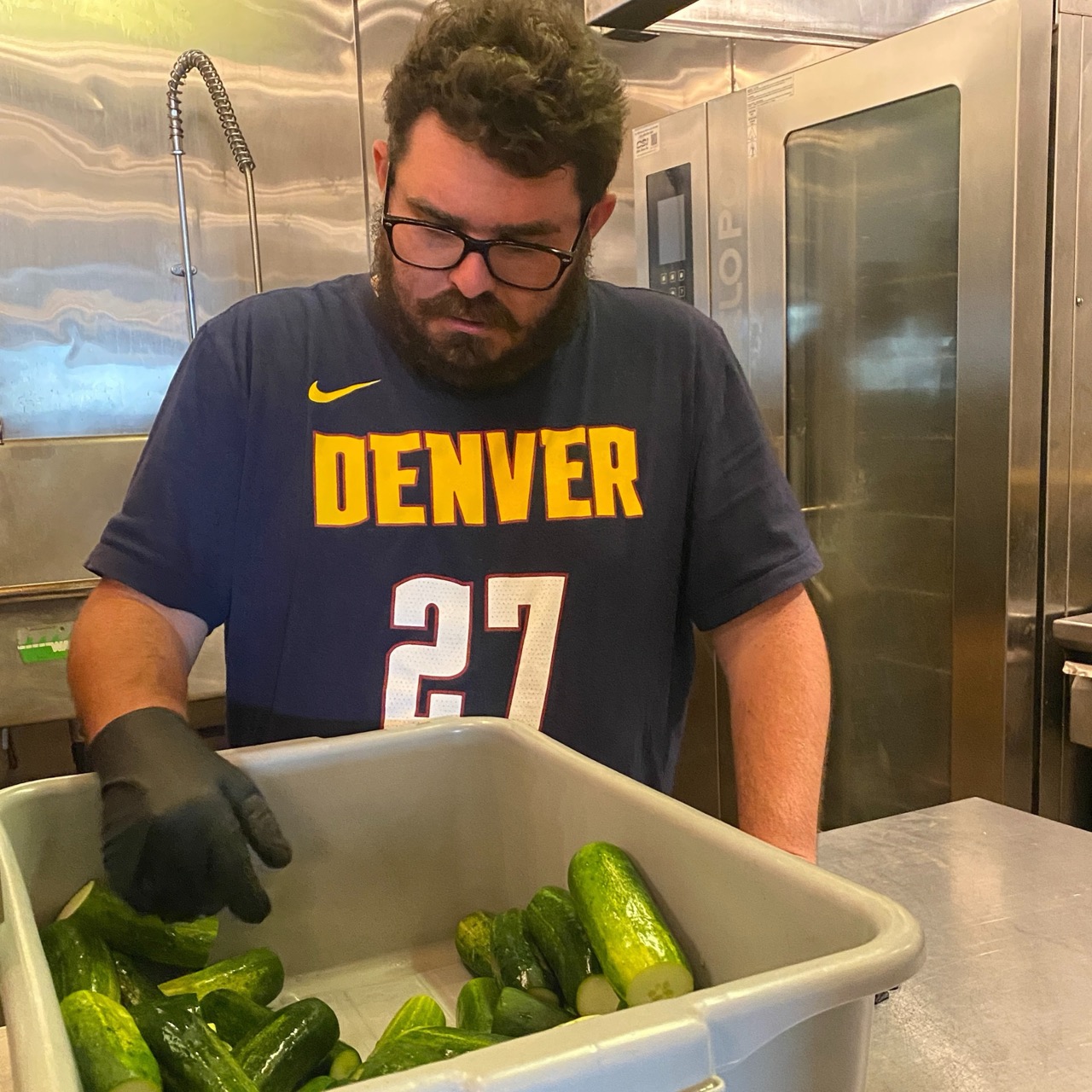
Charlie O'Connor
KNOCKOUT KITCHEN STAFF
With Us Since | 2018
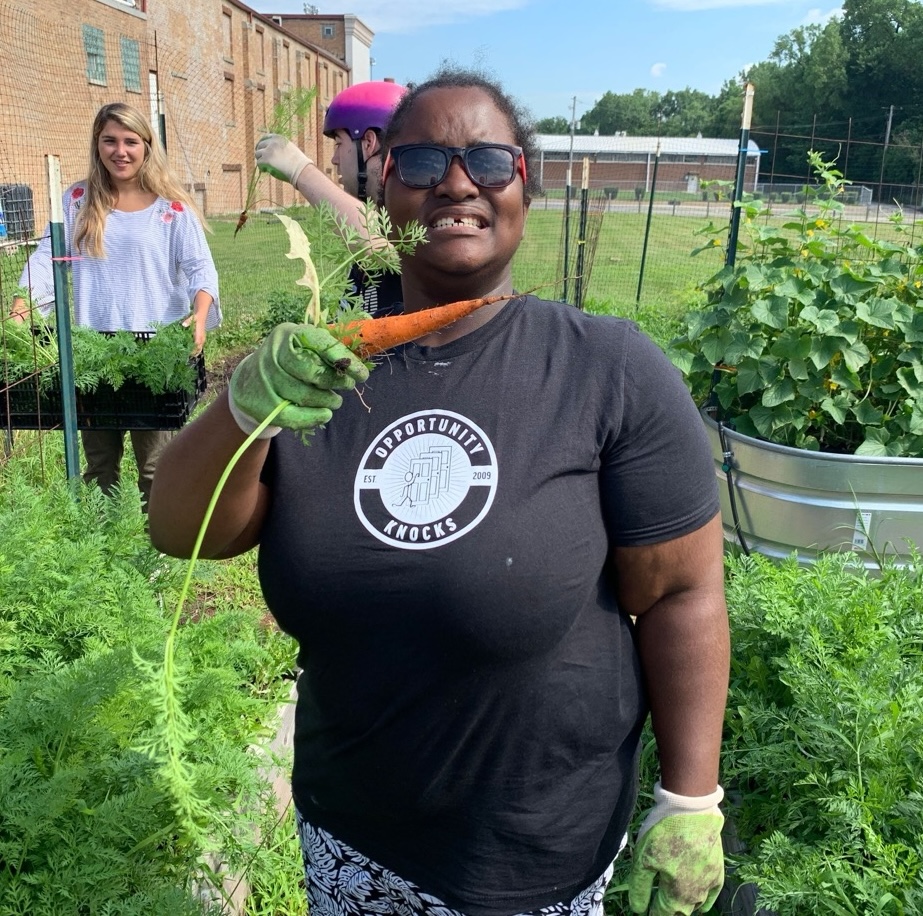
Jonece Dansby
KNOCKOUT KITCHEN STAFF & FARMER
With Us Since | 2020
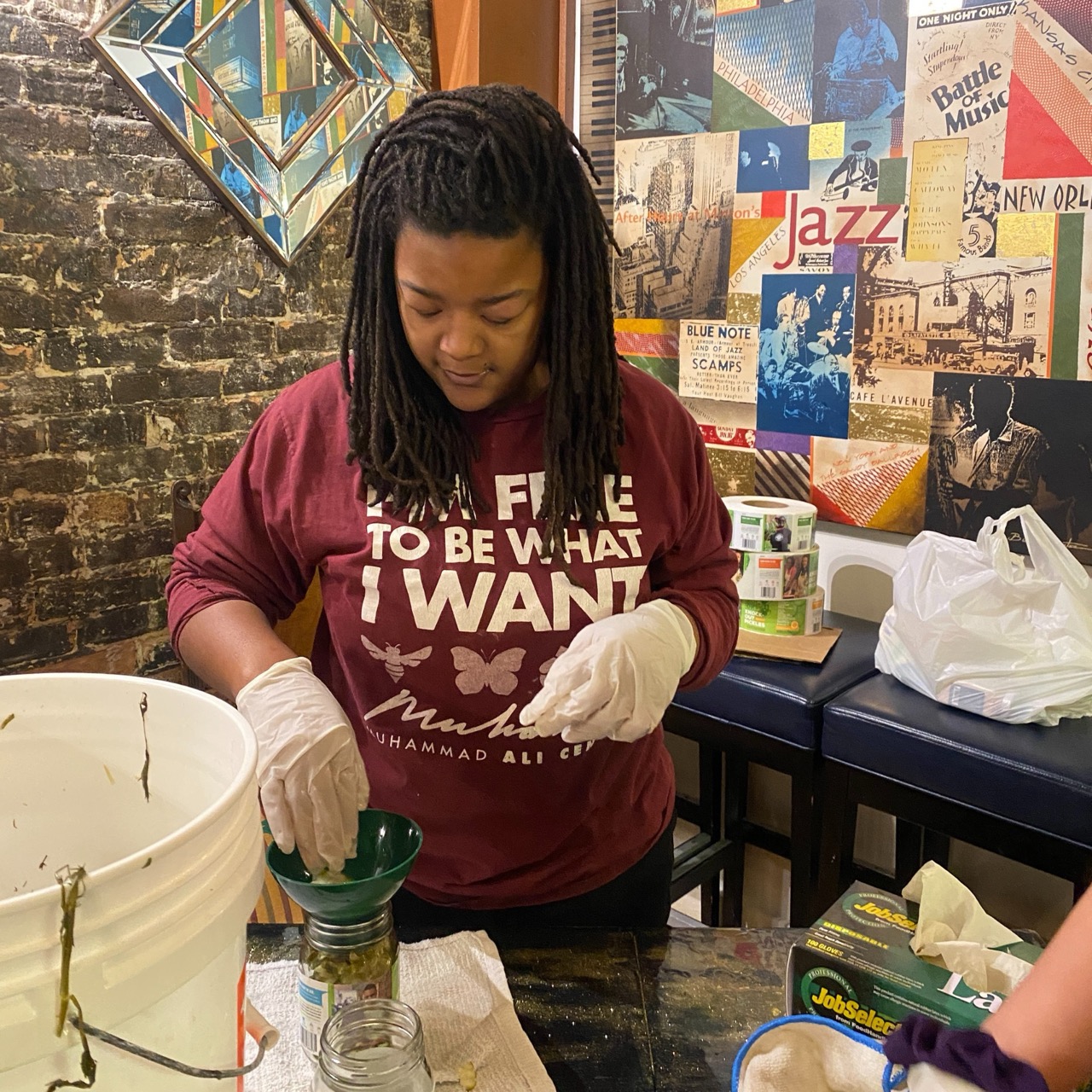
Ryan Gravely
KNOCKOUT KITCHEN STAFF
With Us Since | 2022
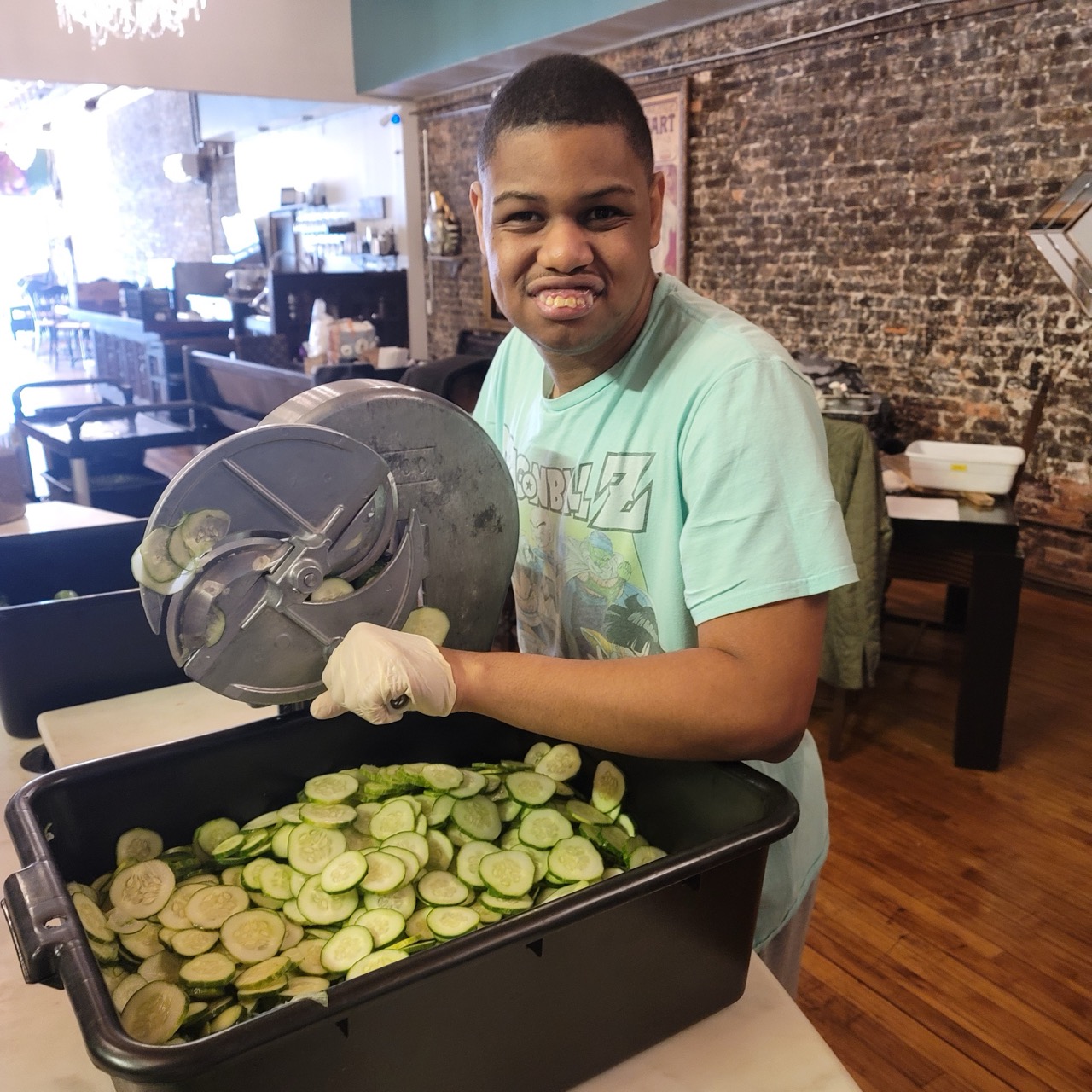
Nick Sawyer
KNOCKOUT KITCHEN STAFF & FARMER
With Us Since | 2022
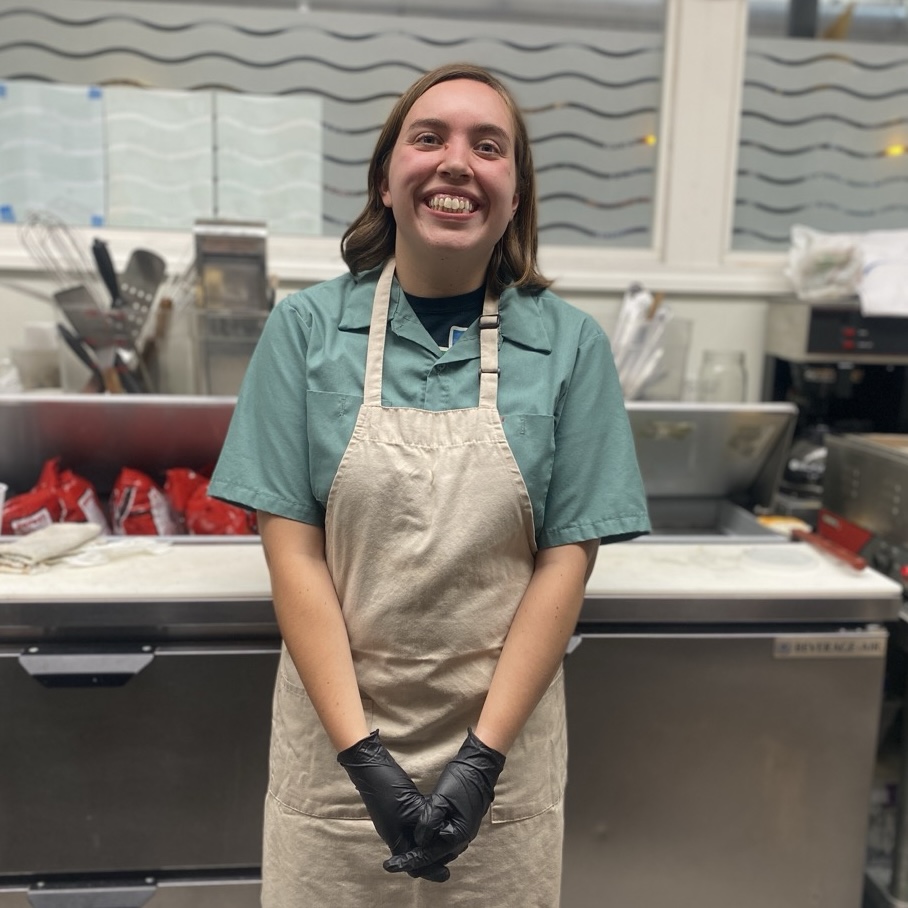
Jenna Ricks
KNOCKOUT KITCHEN STAFF & FARMER
With Us Since | 2023
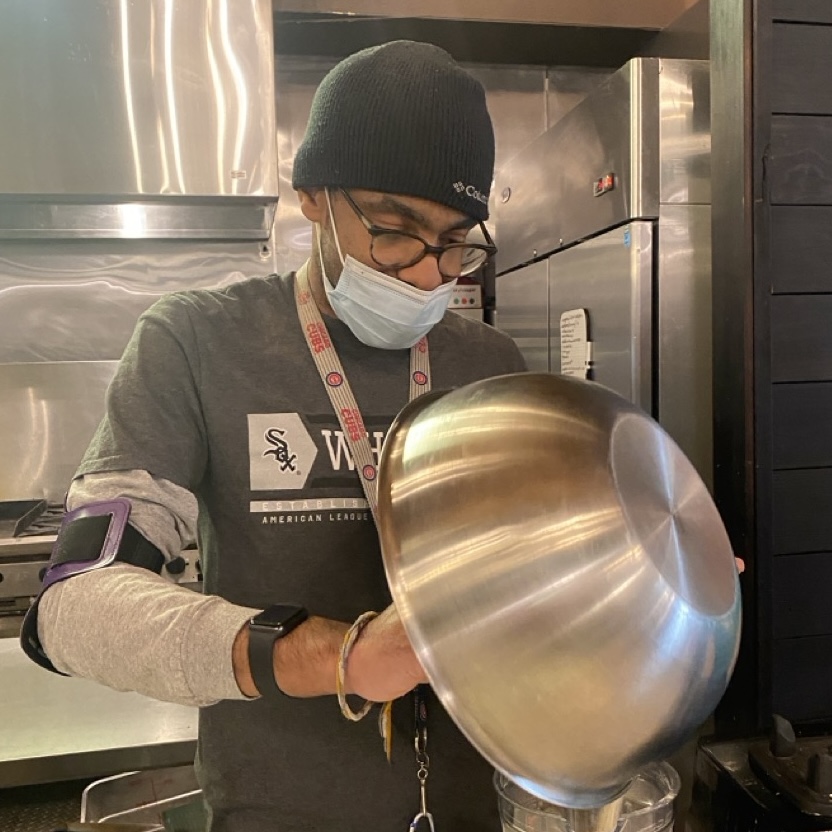
Ron Turner
KNOCKOUT KITCHEN STAFF
With Us Since | 2023
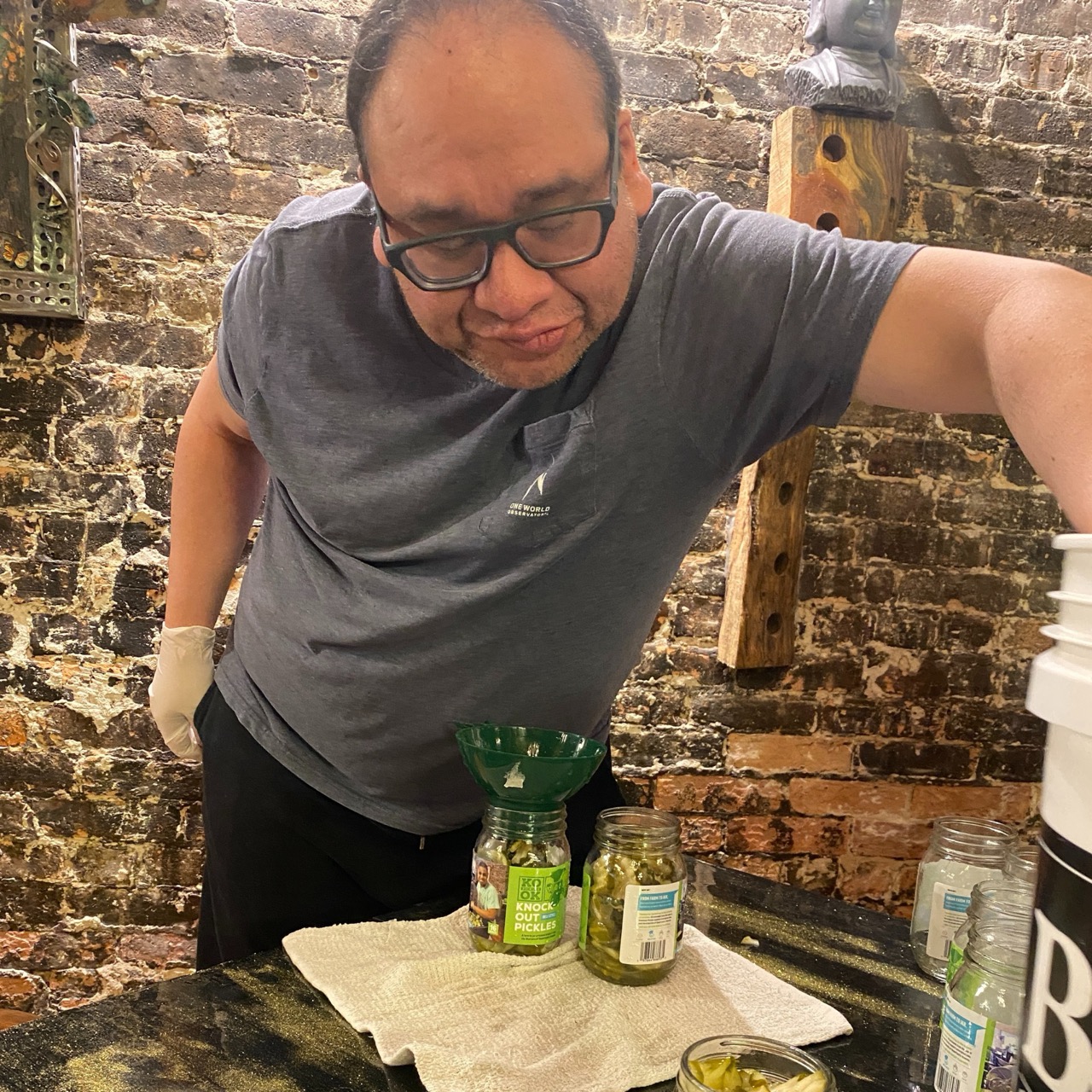
David Espinosa
KNOCKOUT KITCHEN STAFF
With Us Since | 2023
UP & RUNNING
New Projects
Despite the struggles of the nationwide pandemic, OK has worked tirelessly to provide a safe and sanitized environment in order to keep new big ideas underway
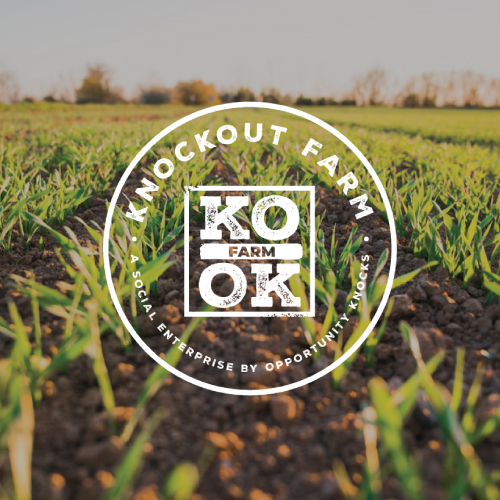
Community Supported Agriculture – CSA
What is Community Supported Agriculture? Community Supported Agriculture (CSA) is a production and marketing model whereby consumers buy shares of a farm’s harvest in advance. Consumers become CSA members by paying an agreed amount at the beginning of the growing season, either in one lump sum or in installments.
By paying at the beginning of the season, CSA members share in the risk of production and relieve the farmer of much of the time needed for marketing. This allows the farmer to concentrate on good land stewardship, growing high-quality food, and most importantly growing the Warrior Mission.

Beekeeping Debut
Knockout Farm received its first batch of Italian, varroa mite resistant bees. We worked with the ReUse Depot to strategize placement for the 10,500 busy bees installed in May. Bees will not produce honey during the first year, however, in the following season Warriors may be able to harvest our first small jars of honey to taste and wax to experiment with value-added products for the farm such as lip balm, candles, soaps, etc.
Farm Coordinator, Aniki Coates, became a certified beekeeper under the tutelage of the Chicago Honey Co-op Training Center. Beekeeping certification covers honeybee biology and life cycle, pests and diseases, foraging habits and beekeeping equipment and techniques. Coates also joined the Cook DuPage Beekeepers Association and a local west suburbs beekeeping group, Westside Apiary eXperience (WAX Bee Group). This has aided in growing KO Farm’s knowledge base and community partners. Over time, Knockout Farm has benefited from the support of the Dominican University Beekeeping Initiative (Ellen McManus – English, Tama Weisman – Philosophy, and Scott Kreher – Biology), the River Forest Sustainability Commission, and the Manaaki Foundation. Newcomers in beekeeping support, Matthew Bachnacki and Bruce Faland, also members of WAX, have been phenomenal and detrimental to our first-year effort.
Helping Hands
Partners
Sponsors & Partners

























